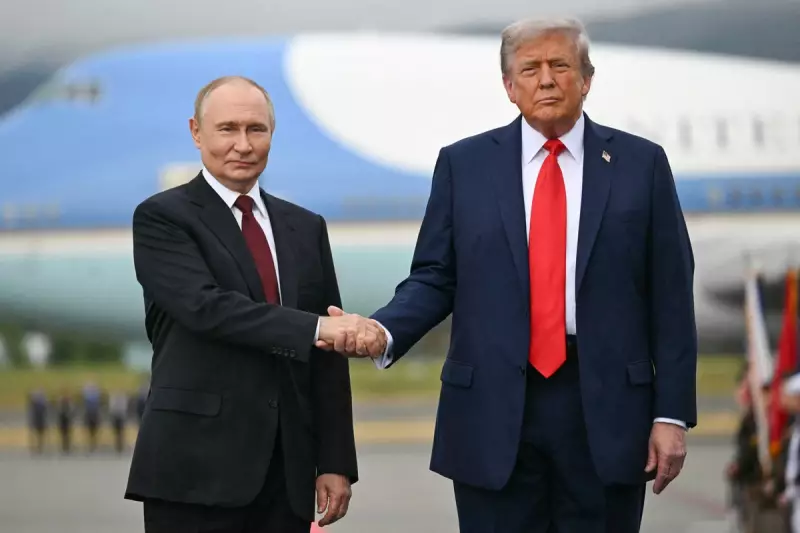
The spectre of a second Trump presidency is casting a long shadow over European security, with alarming details emerging of his alleged strategy to end the war in Ukraine. Far from a plan for a just peace, it is being characterised by foreign policy experts as a blatant reward for Russian aggression that would fundamentally weaken the West.
A Blueprint for Capitulation
According to reports, the Trump-endorsed strategy is not built on strengthening Ukraine's negotiating position but on forcing it to capitulate. The core of the proposal would involve Ukraine ceding Crimea and the Donbas region to Russia in exchange for a ceasefire. This would legitimise Putin's land grab and violate the very international principles the West has vowed to uphold.
Abandoning the Frontline
Such a move would represent an catastrophic abandonment of a democratic ally fighting for its sovereignty. It would signal to authoritarian regimes worldwide that military conquest and the violation of borders will eventually be met with accommodation, not resolve. The moral and strategic implications for NATO and global security would be profound.
The Transactional Worldview
This approach is seen as a hallmark of Trump's transactional and isolationist view of foreign policy. It prioritises a simplistic 'deal' over complex long-term security interests, treating international alliances as burdens rather than assets. The message to European partners is clear: under such a doctrine, American security guarantees are unreliable.
A Chilling Warning
Analysts warn that empowering Russia through such a concession would not bring peace but merely postpone a larger conflict. A emboldened Putin, having successfully redrawn Europe's map by force, would be incentivised to further test the resolve of a fractured NATO in the years to come. The plan is not a road to peace, but a pathway to greater instability.
The discussion around this potential policy shift underscores the high stakes of the upcoming US election for Europe. The future of Ukraine and the architecture of post-Cold War European security may hinge on a decision made thousands of miles away.





